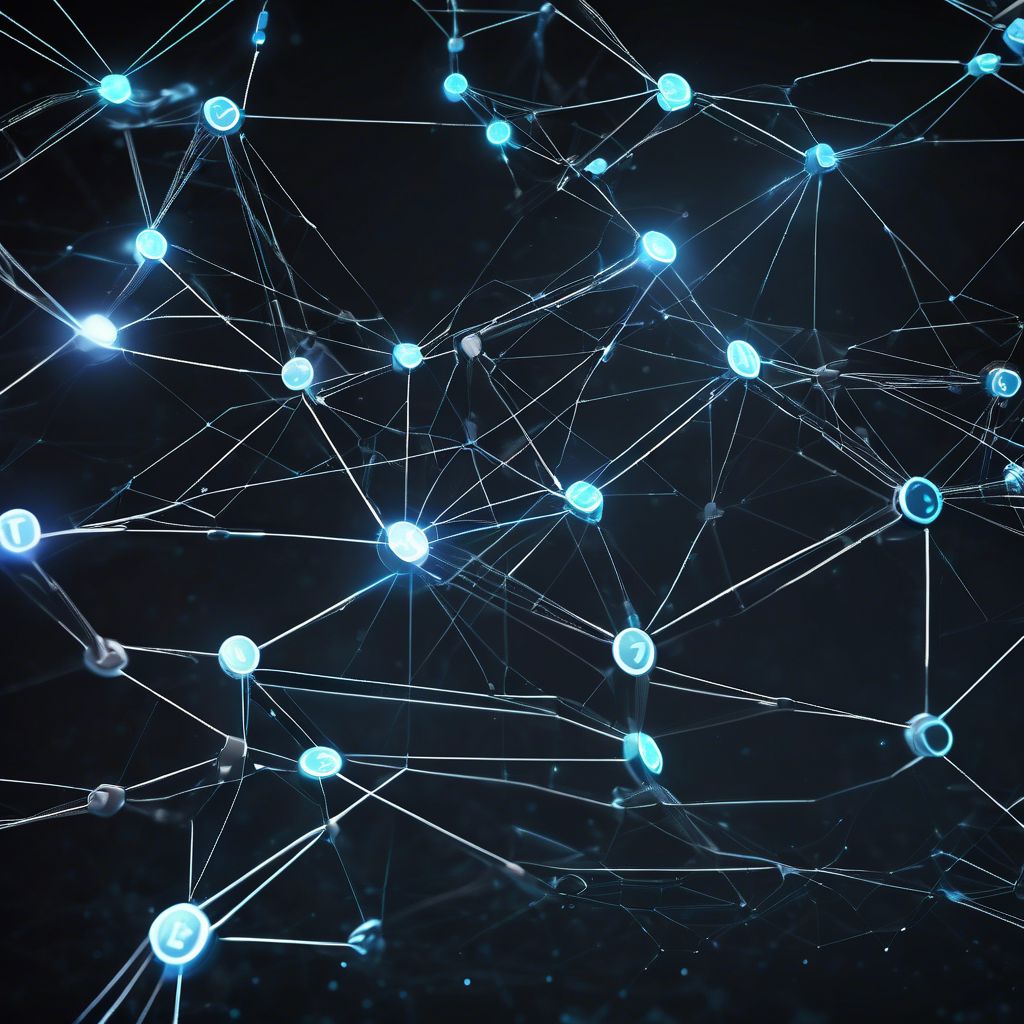Meta Faces Landmark Copyright Lawsuit Over AI Training Data Usage

Meta is set to face a group of US authors in court this Thursday in a landmark case addressing the use of copyrighted materials to train artificial intelligence (AI) models. This lawsuit is among the first major judicial tests of whether tech companies can legally use protected content to develop powerful AI systems. Plaintiffs include acclaimed author Ta-Nehisi Coates and a dozen others, highlighting the high stakes for content creators in the AI era. The ruling’s implications extend beyond Meta, drawing close attention from industry giants like Microsoft, OpenAI, and Anthropic. The decision will establish a precedent influencing AI model development and intellectual property management in the rapidly expanding AI sector. Central to the dispute is whether using copyrighted works for AI training qualifies as "fair use, " a legal doctrine permitting limited use without permission under specific conditions. Mary Rasenberger, executive director of the Authors Guild, emphasized the core plaintiff argument: "AI models have been trained on the work of countless authors without consent, and authors should have been paid license fees for their creations. " This highlights concerns that authors’ rights are being neglected amid technological advancement. Meta counters by claiming its use falls under fair use since the copyrighted material was used only to develop AI models, not to replicate or redistribute content. Court documents reveal Meta’s internal approach, with discovery showing Meta admitting that if it licensed copyrighted material once, it could reuse it repeatedly for training. This reflects the massive, diverse datasets needed for complex AI training. Emails from January last year discuss "legal risk, " focusing on concerns about copyright and intellectual property; some risk mitigations like removing clearly pirated data were considered.
Despite this, Meta proceeded with AI development using copyrighted content. Sony’s involvement around this period suggests industry efforts to carefully navigate legal challenges, with communications stressing no public disclosure of sensitive data, illustrating awareness of legal and policy complexities. This lawsuit arrives as Meta accelerates ambitions to lead AI development, heavily investing in its Llama models aimed at expanding AI capabilities. Technology law expert Chris Mammen noted, "There is a tremendous amount of uncertainty around how intellectual property law applies to AI training today. It is extremely important to get these legal questions clarified to guide future innovations. " Another focal point is Meta’s claim of creating transformational open-source AI technologies. The company publicly disputes the lawsuit, asserting its data use complies with legal standards and is essential for advancing AI. This defense underscores the evolving nature of AI tech and the challenges of developing effective, ethically compliant models. The case’s outcome will have widespread effects, shaping how tech firms acquire and use data, influencing licensing negotiations, and potentially determining if authors receive compensation for their works’ use in AI training. As AI becomes deeply embedded in daily life and business, clarifying these legal boundaries is vital to balance innovation with intellectual property protection. As court proceedings begin, stakeholders from tech and creative sectors await a decisive ruling that could redefine AI development and content creation. This trial represents a critical juncture in balancing authors’ rights with the demands of artificial intelligence.
Brief news summary
Meta faces a landmark lawsuit as US authors, including Ta-Nehisi Coates, sue over its use of copyrighted works to train AI models, challenging whether such use without permission is legally fair. The case questions the interpretation of "fair use" and could set precedent impacting AI development and intellectual property rights. Plaintiffs seek compensation for unauthorized use, while Meta insists its data use is lawful and does not directly replicate content. Internal documents reveal Meta was aware of licensing issues yet proceeded, with noted copyright concerns. The lawsuit draws attention from major tech firms like Microsoft and OpenAI and involves industry players such as Sony, highlighting broader caution. Meta’s AI projects, including Llama, underline the urgent need to clarify legal standards for AI training data. Experts emphasize this case’s critical role in shaping AI innovation, data licensing, and creator rights, marking a pivotal moment in the evolving intersection of AI and content creation.
AI-powered Lead Generation in Social Media
and Search Engines
Let AI take control and automatically generate leads for you!

I'm your Content Manager, ready to handle your first test assignment
Learn how AI can help your business.
Let’s talk!

Software engineer lost his $150K-a-year job to AI…
Anthropic CEO Dario Amodei predicts that AI will handle all coding tasks by next year, but this is causing an existential crisis for some software engineers.

JPMorgan’s Kinexys Connects With Public Blockchai…
JPMorgan (JPM) made its initial foray onto a public blockchain network via its Kinexys Digital Payments platform by settling a tokenized U.S. Treasury transaction on Ondo Chain’s testnet.

Marc Benioff Discusses AI's Transformative Impact…
Marc Benioff, CEO of Salesforce and co-owner of Time magazine, recently shared his views on artificial intelligence's (AI) transformative influence on business, society, and global politics in an interview with the Financial Times.

JP Morgan’s blockchain bank account used to settl…
Today, Ondo Finance announced that JP Morgan’s Kinexys Digital Payments (formerly JPM Coin) was utilized to settle a delivery versus payment transaction for its OUSG tokenized money market fund on the Ondo blockchain.

US Nears Agreement to Export Advanced AI Chips to…
The United States is close to finalizing a preliminary agreement with the United Arab Emirates (UAE) that would allow the UAE to import up to 500,000 of Nvidia’s most advanced AI chips annually starting in 2025.

JPMorgan Chase steps beyond ‘walled garden’ to se…
© 2025 Fortune Media IP Limited.

Mark Zuckerberg Wants AI to Solve America's Lonel…
In early May 2025, Mark Zuckerberg drew attention to America's growing loneliness crisis, citing alarming declines in face-to-face interactions and rising distrust in traditional institutions.

 Auto-Filling SEO Website as a Gift
Auto-Filling SEO Website as a Gift








 Auto-Filling SEO Website as a Gift
Auto-Filling SEO Website as a Gift

